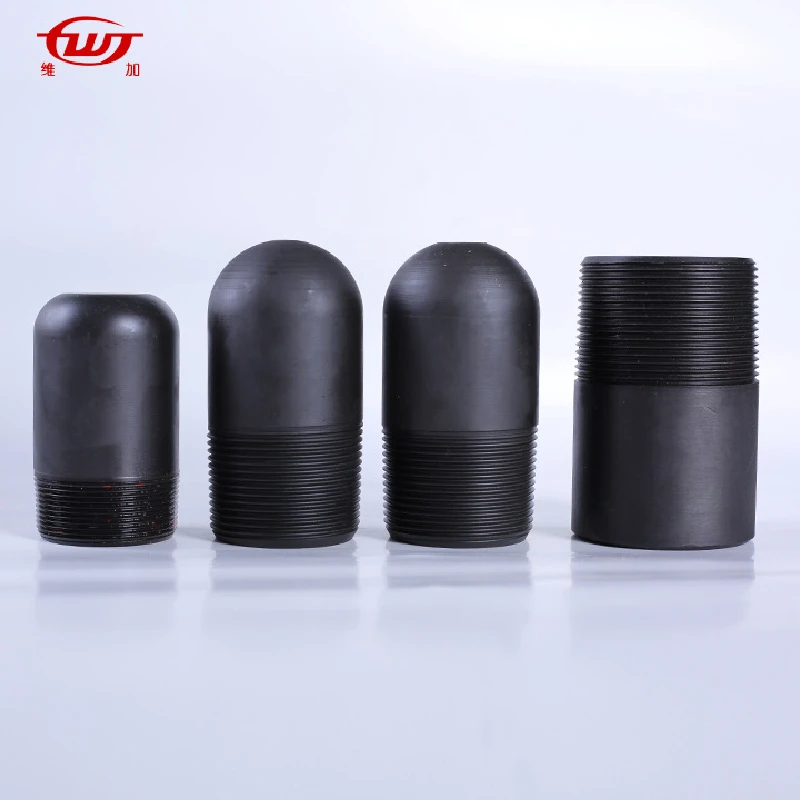- Afrikaans
- Albanian
- Amharic
- Arabic
- Armenian
- Azerbaijani
- Basque
- Belarusian
- Bengali
- Bosnian
- Bulgarian
- Catalan
- Cebuano
- Corsican
- Croatian
- Czech
- Danish
- Dutch
- English
- Esperanto
- Estonian
- Finnish
- French
- Frisian
- Galician
- Georgian
- German
- Greek
- Gujarati
- Haitian Creole
- hausa
- hawaiian
- Hebrew
- Hindi
- Miao
- Hungarian
- Icelandic
- igbo
- Indonesian
- irish
- Italian
- Japanese
- Javanese
- Kannada
- kazakh
- Khmer
- Rwandese
- Korean
- Kurdish
- Kyrgyz
- Lao
- Latin
- Latvian
- Lithuanian
- Luxembourgish
- Macedonian
- Malgashi
- Malay
- Malayalam
- Maltese
- Maori
- Marathi
- Mongolian
- Myanmar
- Nepali
- Norwegian
- Norwegian
- Occitan
- Pashto
- Persian
- Polish
- Portuguese
- Punjabi
- Romanian
- Russian
- Samoan
- Scottish Gaelic
- Serbian
- Sesotho
- Shona
- Sindhi
- Sinhala
- Slovak
- Slovenian
- Somali
- Spanish
- Sundanese
- Swahili
- Swedish
- Tagalog
- Tajik
- Tamil
- Tatar
- Telugu
- Thai
- Turkish
- Turkmen
- Ukrainian
- Urdu
- Uighur
- Uzbek
- Vietnamese
- Welsh
- Bantu
- Yiddish
- Yoruba
- Zulu
what is bull plug
Understanding Bull Plugs An Overview
Bull plugs are essential components in various fields, particularly in engineering and manufacturing. Their functionality primarily lies in sealing openings and connections in pipes, tanks, and other pressure-related equipment. This article delves into what bull plugs are, their types, applications, and significance in different industries.
What is a Bull Plug?
A bull plug, sometimes referred to as a blind plug or sealing plug, is a type of fastener used to seal off the end of a valve or pipe. Unlike traditional plugs, which may have a simple design, bull plugs are specifically engineered to withstand high pressure and prevent leaks. They are typically threaded and can be made from various materials, including metal, plastic, and rubber, depending on the application requirements.
Types of Bull Plugs
There are several types of bull plugs, each designed for specific needs
1. Metal Bull Plugs Commonly made from stainless steel or brass, these plugs are suitable for high-temperature and high-pressure environments. They are often used in applications such as oil and gas pipelines, chemical processing, and water management systems.
2. Plastic Bull Plugs Lightweight and resistant to corrosion, plastic bull plugs are ideal for less demanding applications. They are commonly found in water systems and wastewater treatment facilities.
3. Rubber Bull Plugs These flexible plugs provide a tight seal and are often used in temporary applications, such as in maintenance work or during the testing of pipelines.
Applications of Bull Plugs
Bull plugs find their utility in various industries, including
- Oil and Gas In the oil and gas sector, bull plugs are vital for ensuring the safety and integrity of pipelines and tanks. They help prevent leaks that can lead to environmental hazards and financial loss.
what is bull plug

- Manufacturing In manufacturing processes, bull plugs are used to seal equipment and prevent contamination. This is crucial in industries like food processing, where hygiene is a significant concern.
- Construction During construction projects, bull plugs are employed to temporarily seal pipes until the installation of permanent fittings. This helps protect the system from debris and water intrusion.
- Automotive In automotive applications, bull plugs are utilized to seal oil and coolant passages within engines, ensuring their efficient operation
.Importance of Bull Plugs
The significance of bull plugs cannot be overstated. They serve several crucial functions
- Leak Prevention By sealing leaks effectively, bull plugs help maintain system integrity, preventing costly spills and environmental damage.
- System Protection They protect sensitive equipment from contamination, which can lead to failures or reduced efficiency.
- Safety In high-pressure environments, the failure of seals can result in dangerous situations. Using bull plugs reduces this risk significantly.
- Cost Efficiency By preventing leaks and reducing maintenance needs, bull plugs contribute to cost savings in industrial operations.
Conclusion
In summary, bull plugs are vital components across a multitude of industries, ensuring the safety, efficiency, and integrity of various systems. Their ability to provide a robust seal in challenging environments makes them indispensable in applications ranging from oil and gas to manufacturing and construction. Understanding the different types and functions of bull plugs can help professionals make informed decisions about their use in specific projects, ultimately leading to safer and more efficient operations. As industries continue to evolve and face new challenges, the importance of reliable sealing solutions like bull plugs will undoubtedly grow.
-
Tubing Pup Joints: Essential Components for Oil and Gas OperationsNewsJul.10,2025
-
Pup Joints: Essential Components for Reliable Drilling OperationsNewsJul.10,2025
-
Pipe Couplings: Connecting Your World EfficientlyNewsJul.10,2025
-
Mastering Oilfield Operations with Quality Tubing and CasingNewsJul.10,2025
-
High-Quality Casing Couplings for Every NeedNewsJul.10,2025
-
Boost Your Drilling Efficiency with Premium Crossover Tools & Seating NipplesNewsJul.10,2025







